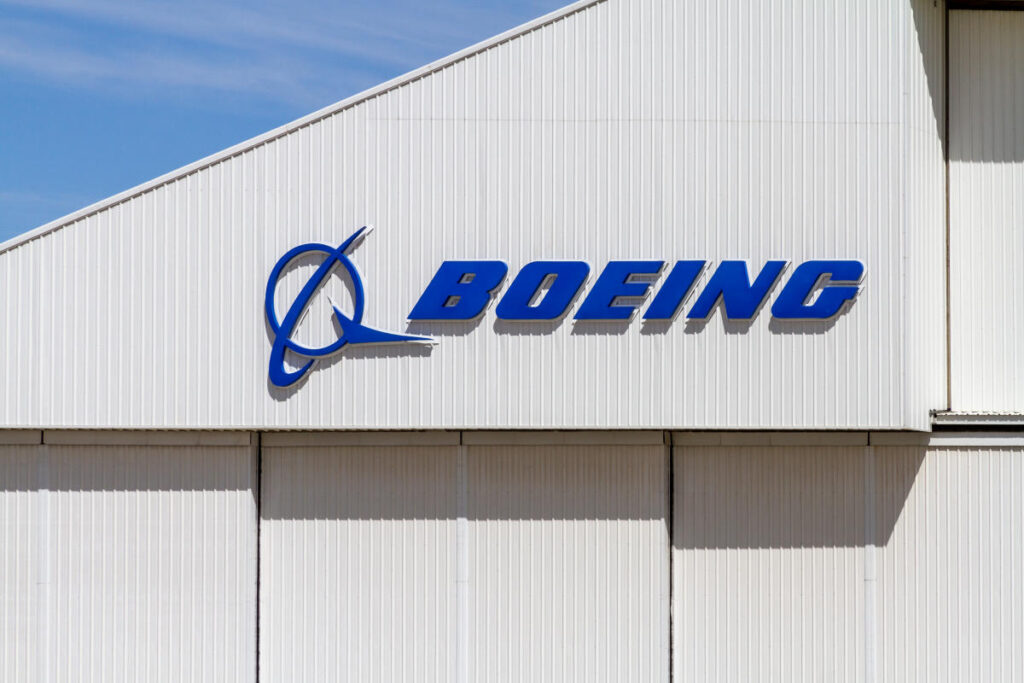Boeing stock (BA) slid 2% in after-hours trading Friday as the company said it would cut its workforce by 10%, or roughly 17,000 jobs, and delay the first delivery of its 777X jet to 2026 amid an ongoing worker strike.
“Our business is in a difficult position, and it is hard to overstate the challenges we face together,” CEO Kelly Ortberg said in a message to employees posted on Boeing’s website. “Beyond navigating our current environment, restoring our company requires tough decisions and we will have to make structural changes to ensure we can stay competitive and deliver for our customers over the long term.”
He added that the job cuts would include executives, managers and employees. Boeing had roughly 171,000 employees as of December 2023, according to an SEC filing.
An ongoing strike by Boeing’s biggest union, the International Association of Machinists and Aerospace Workers (IAM), is proving costly on several fronts for the company.
The work stoppage has interrupted the company’s recovery efforts to ramp up production of its bestselling 737 Max jets to 38 per month by the end of the year, up from roughly 25 per month in June and July.
Estimates from S&P Global put the cost of the strike at roughly $1 billion per month after taking into consideration cost-saving measures the company has taken in response to it.
Earlier this week, the credit rating agency placed Boeing on CreditWatch Negative, which increased the likelihood of a downgrade if the work stoppage continues until the end of the year. Riskier credit makes it more difficult and expensive for companies to borrow money.
S&P expects Boeing will incur a cash outflow of approximately $10 billion in 2024.
As a result, Wall Street analysts expect Boeing will need to raise cash through an equity offering. At the end of the second quarter, Boeing had roughly $58 billion in total debt and $12.6 billion in cash.
“Based on our conversations with investors, it should be no surprise that Boeing is looking at an equity raise. We think most investors have been expecting the company to raise more than $10B, most likely following the conclusion of the machinists strike,” JPMorgan analyst Seth Seifman and his team wrote in a recent note.
The analysts note the size of the raise could be determined by how long the strike lasts, and investors would be more reluctant to sign on with one still underway.
Earlier in the week, the plane maker took a tougher stance with the union after a breakdown in negotiations this week left little hope of a quick resolution to the strike.
On Thursday, the plane maker filed an unfair labor practice charge against representatives of IAM.
Boeing said as a result of mediation this week, the company made further improvements to a prior offer, but “the union did not seriously consider these proposals and continues to insist on unreasonable demands.”
“The union’s public narrative is misleading and making it difficult to find a solution for our employees. We remain committed to reaching a compromise to end the strike,” said a Boeing statement.
The move comes days after bargaining talks involving mediators broke down and the plane manufacturer withdrew its contract proposal on Tuesday.
IAM did not immediately respond to a request for comment.
“That’s just a move from [Boeing] to create some pressure. But just like most strikes … it’s going to end by them going back to the table and figuring it out,” New York City-based employment attorney Nicole Brenecki told Yahoo Finance.
Union members walked off the job on Sept. 13 after rejecting a tentative contract. After the third round of negotiations broke down Tuesday, the union said Boeing refused to propose any wage increases or vacation and sick leave accrual and would not reinstate a benefit pension.
IAM has a rally planned for Tuesday.
Boeing stock is down roughly 40% year to date.
Ines Ferre is a senior business reporter for Yahoo Finance. Follow her on X at @ines_ferre.
Click here for the latest stock market news and in-depth analysis, including events that move stocks
Read the full article here

